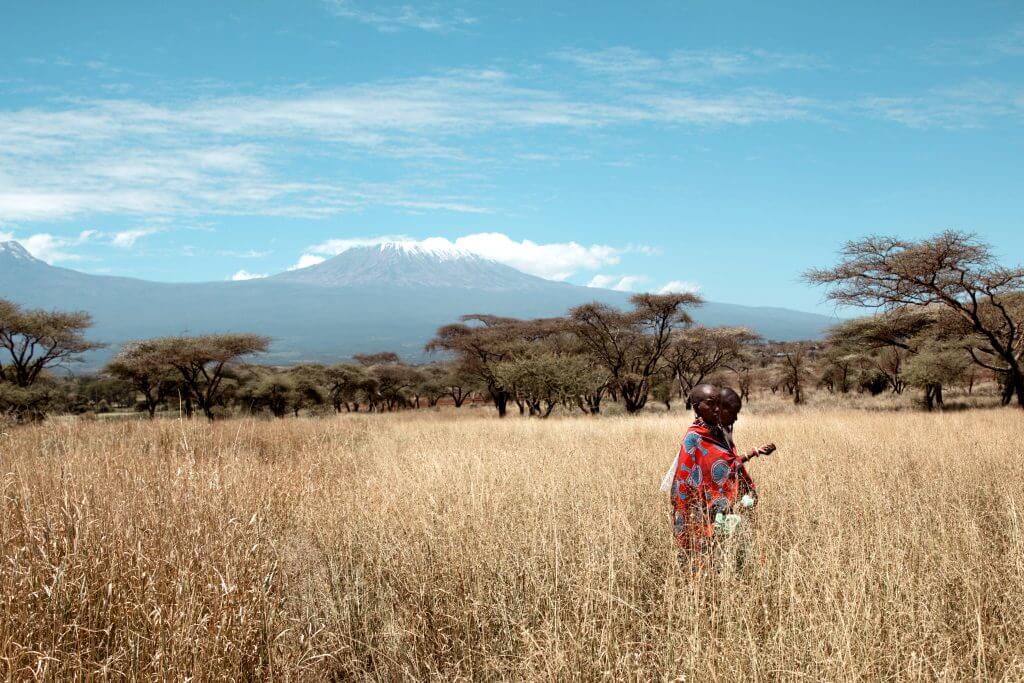Let’s be real, we are responsible for global warming and all of the associated consequences. However, we cannot afford to sit by idly. Thus, together with the Dutch NGO Justdiggit, DEPT® launched a summer party to raise awareness about this issue and to draw attention to the work of the company.
Justdiggit aims to re-plant trees and other shrubberies in dry regions of the world using modern technology and a strong message. DEPT®’s challenge was to build awareness about this goal across various social media platforms in Germany. That’s why we hosted a summer festival using the motto #cooldowntheplanet. We invited close and long-term partners to a known sustainable neighbourhood in the city centre of Berlin to familiarise people with the work of Justdiggit over refreshing drinks and a vegan buffet.
The summer party was both a networking event but also a chance to challenge people’s thought process. Justdiggit showed our partners how they can take part in this movement themselves by presenting the specifics about their mission in Africa.
After, guests were encouraged to immortalise this inspiring moment by leaving a personal message on the Justdiggit wall. There were also garden shovels available as gifts which guests could decorate themselves and then take home.
Who is Justdiggit?
Justdiggit’s mission is to replant Africa in large-scale landscaping projects. Based on this, the NGO trains people in arid areas to dig crescent circles in which rainwater is collected. This process of “greening” ensures that the land becomes fertile again within a year. So far, this initiative is benefiting communities in Kenya, Tanzania and Morocco.
This process and the resulting cooling of the climate is called a hydrological corridor. Restoration of degraded soils is done via the following seven steps:
Step 1: Landscape restoration
Retain rainwater for vegetation growth and to prevent erosion, flooding and soil degradation.
Step 2: Digging up the earth
Prevent soil erosion by digging crescent circles that accumulate rainwater.
Step 3: Use of the rainy season
Use the water optimally by collecting rainwater. The combined use of water extraction techniques combined with the latest innovations will allow rainwater to re-penetrate the soil.
Step 4: Return of natural vegetation
By allowing rainwater to penetrate the soil, seed sprouts and vegetation returns. In order to increase biodiversity and improve the livelihoods of the communities, this is supplemented by planting trees.
Step 5: Restoration of the water cycle
The restored vegetation brings more moisture into the air, which helps to create clouds and restore the water cycle.
Step 6: Create a green positive cycle
Due to their size and location, these projects not only have local benefits but also have a positive impact on the regional climate.
Step 7: Trees and plants are the air conditioning system of our planet
The UN has calculated that two billion hectares of degraded land can be restored.
That is almost twice as big as Europe! The ultimate goal is to restore these areas. If we can warm the earth, we can cool it down too! We look forward to future collaborations with Justdiggit and invite everyone to become part of the movement.
#cooldowntheplanet
More Insights?
View all InsightsQuestions?
Managing Director, Design & Technology UK





